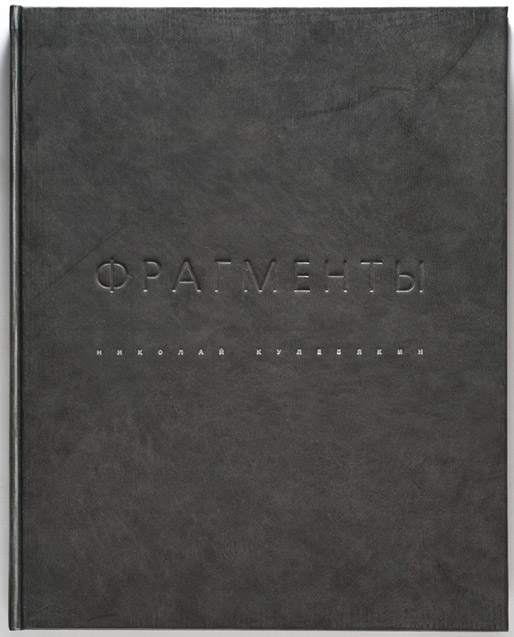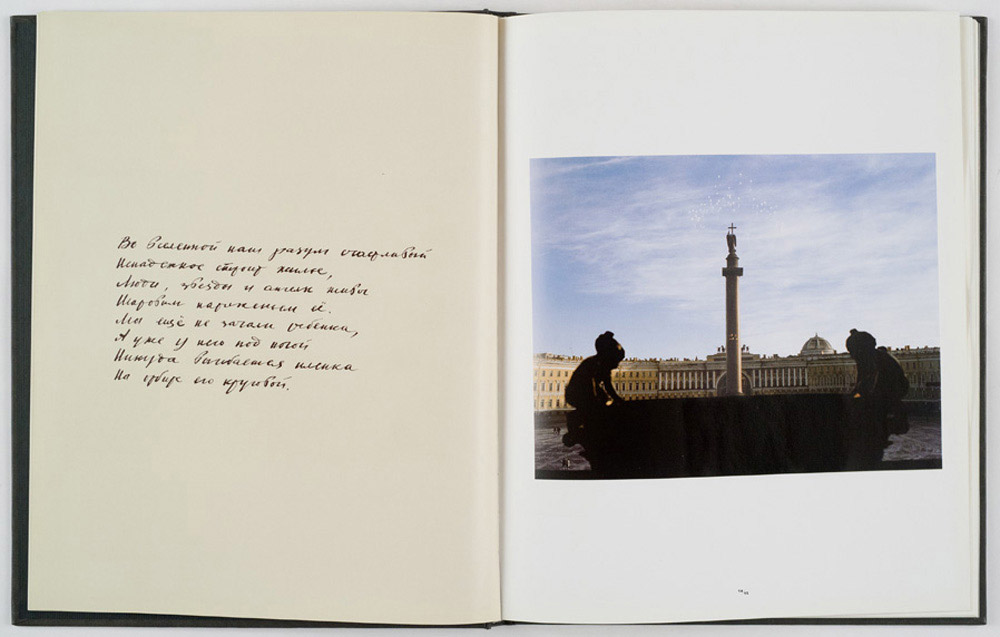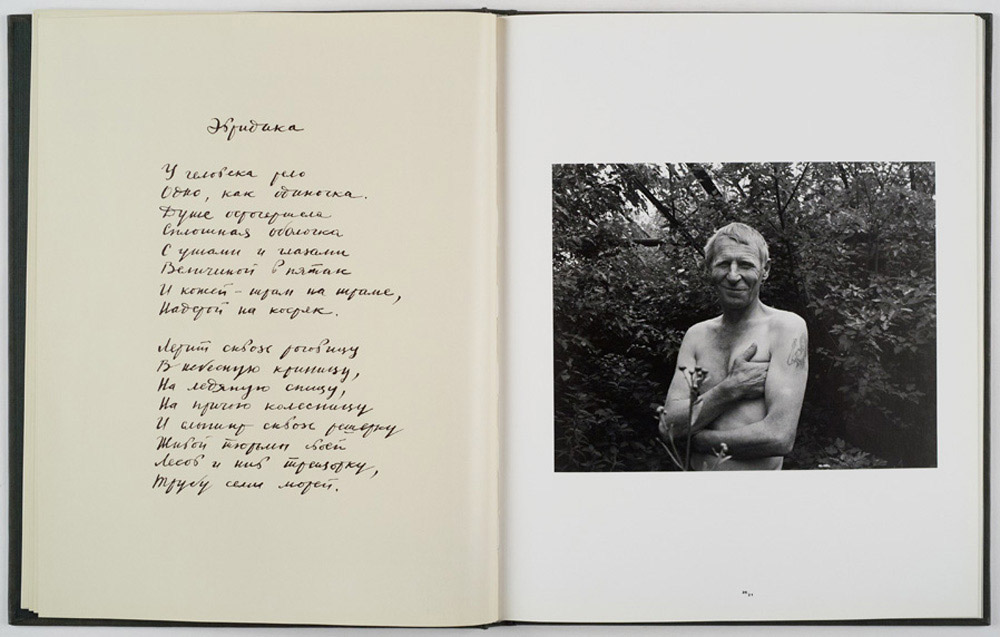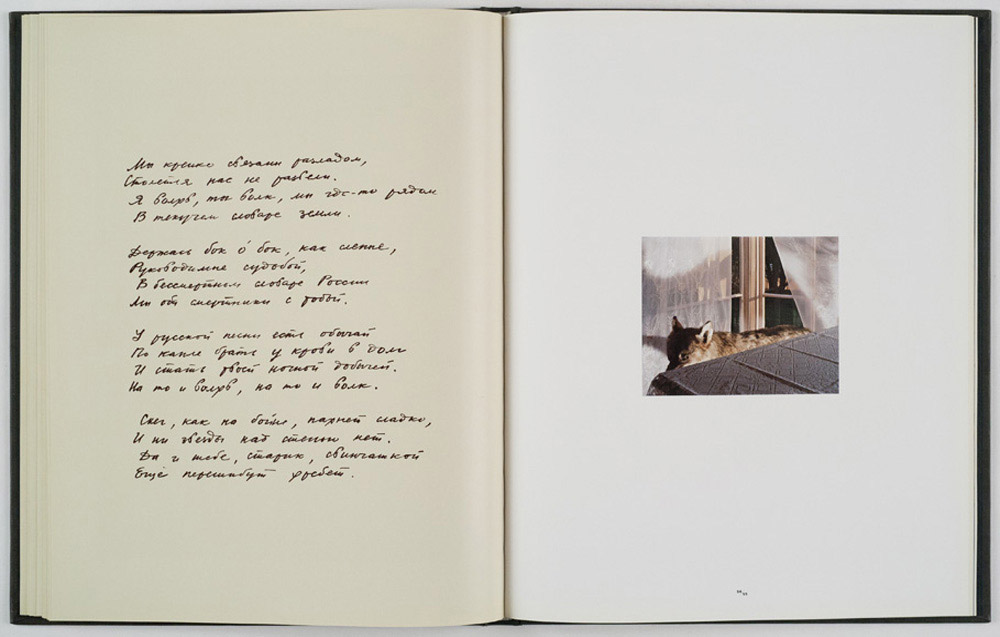Afterword for the book "Fragments"
"We’re Tightly Bound by Discord...". This poem about the opposition of the poet and the authorities was given the name "Song under Bullets" in the lifetime editions of Arseny Tarkovsky. The author published it together with the war poems, although, it was written much later, in 1960. Such mimicry was needed to lull the vigilance of censorship.
The idea of ŌĆŗŌĆŗpresenting texts of poems not in print, but handwritten by the artist Natalia Skuridina belongs to Nikolay Kulebyakin. Whether he knew that Arseny Tarkovsky had been a good draftsman and amused himself by imitating someone else's handwriting? My dad with particular pleasure would write signatures of writers and poets. He would sign for Pushkin and Lermontov, for Tolstoy and Chekhov, for Blok and Andrey Bely, for Yesenin and Remizov (the ornate signature, in particular). One day, young Tarkovsky signed in the guest book at the party of E. F. Nikitina’s literary salon. (a literary salon under the Soviet regime, isn’t it a paradox?). He reproduced the facsimile of Pushkin and Nekrasov that caused the hostess’ resentment who was way too serious about her mission.
In this edition, the handwritten lines of poetry bring the author closer to the readers, make them more intimate as if copied personally for each of the album owners. And again, we read "I learned the grass, opening the notebook..." – "Eurydice" – "And I dreamt about it, and I dream about it...".
And again, the photographic works that tell about the place of man in the universe and about his life purpose, about the feelings of people and about the state of nature related to them. The terrestrial and cosmic photographs, real as the reality and mystical like dreams, echoing the poetry of Arseny Tarkovsky permeated with love for life and with philosophical tension.
Two artistic worlds, two kinds of art, seemingly so far apart from each other, joined together naturally and organically in the pages of the album.
The parallel worlds, like the parallel lines that are mentioned in the epigraph at the beginning of the book, intersect not in the "ideal" but in a particular point that can hardly be called "infinitely remote".
Maybe, the place of intersection of two worlds and two arts is the soul? Yours, mine...
Marina Tarkovskaya



